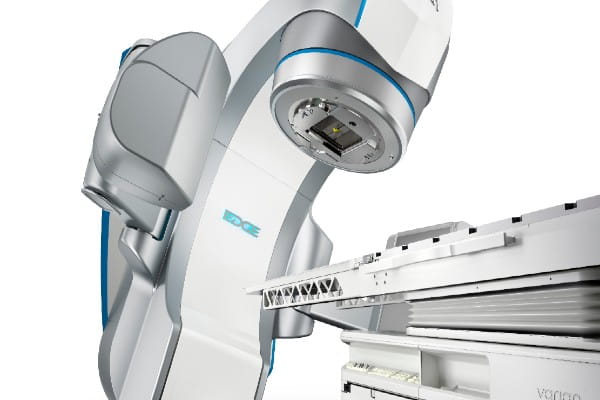A transient ischemic attack, known as a TIA, is a medical emergency that you should not ignore. Since symptoms of a TIA don’t last long, sometimes only a few minutes, people often call them a ministroke, but they should be thought of as an important warning sign.
A stroke occurs when the brain loses its blood supply. Hemorrhagic strokes are the result of a bleed. When a stroke happens due to a blockage, they are known as an ischemic stroke. TIAs are occur when the blockage re-opens on its own after a few minutes or hours and causes no brain damage.
“Some people think that there isn’t a problem anymore because suddenly their symptoms stop. But people should still seek emergency care,” says John Livingstone II, M.D., a neurologist with Riverside Neurology Specialists. “TIAs are sometimes called the warning of a possible stroke because one out of three people who have a TIA go on to have a stroke within a year. By seeking care immediately, patients can get treated and hopefully avoid strokes.”
What causes TIAs?
Ischemic strokes and TIAs are caused by clots or blockages. Certain risk factors raise the likelihood of having a stroke, but you can reduce the effect of many risk factors by making healthy lifestyle choices. For example, quitting smoking, maintaining a healthy weight and blood pressure, and managing conditions such as diabetes or AFib can help decrease your risk of having a stroke or TIA.
Strokes and TIAs are medical emergencies
Dr. Livingstone emphasizes that TIAs, while not strokes, are still a medical emergency. “If someone experiences any sign or symptoms of a stroke, they should call 911 immediately.”
If you recognize any of these signs or symptoms, it is time to BE FAST and call 911.
B: Balance – If there is a sudden loss of balance or coordination
E: Eyes – If there is a sudden loss of vision in one or both eyes or blurry vision
F: Facial Drooping – If there is a sudden weakness in the face
A: Arm Weakness – If there is weakness in an arm or leg
S: Speech – If there is a sudden difficulty speaking or slurring of speech
T: Time to call 911
Talk to your primary care provider
If you have questions about your risk factors for stroke, talk to your primary care provider. An annual wellness check is a good way to stay on top of your health. At that appointment, you and your provider can look at your cholesterol, blood pressure, weight, blood sugar and any ongoing conditions to assess your risk for having a stroke.
You can schedule an appointment with your Riverside primary care provider today through MyChart.



